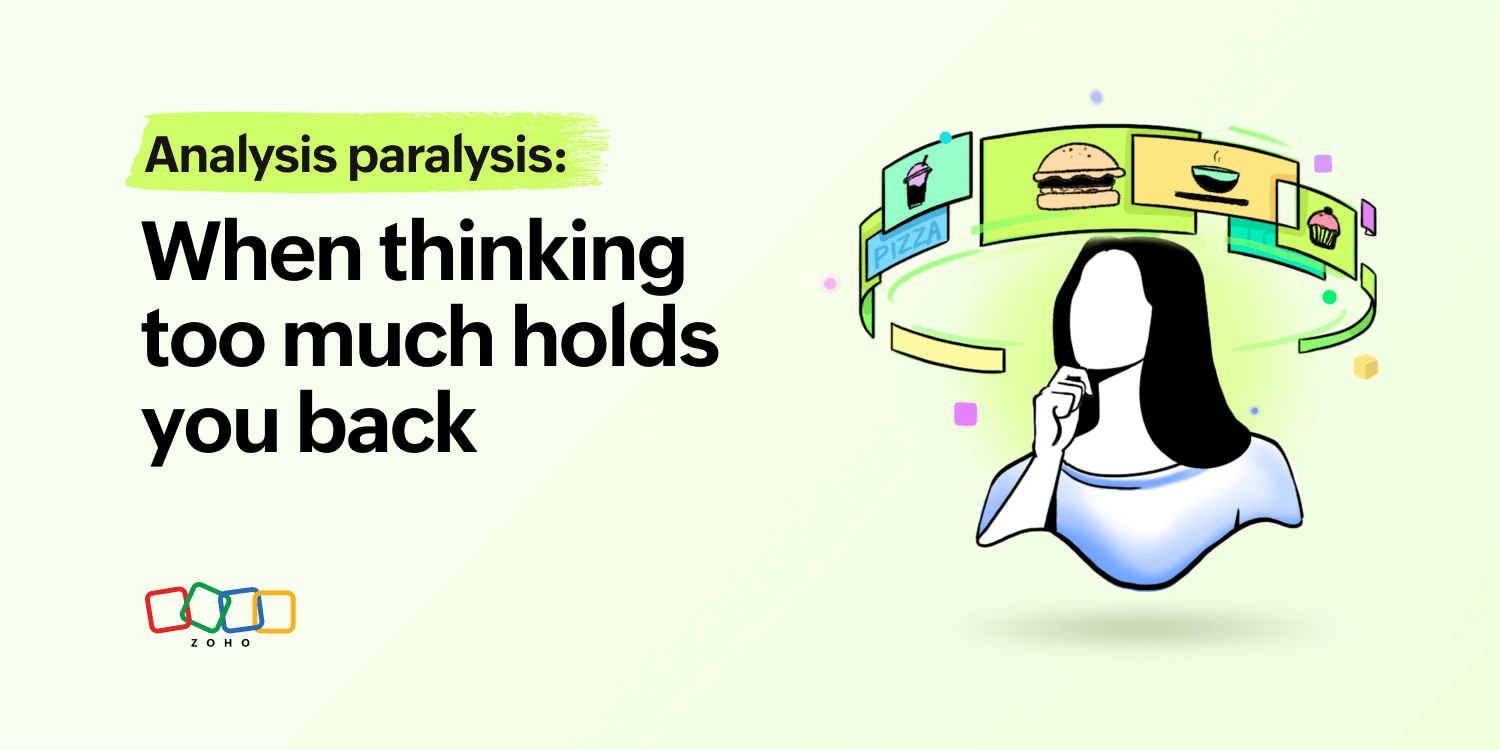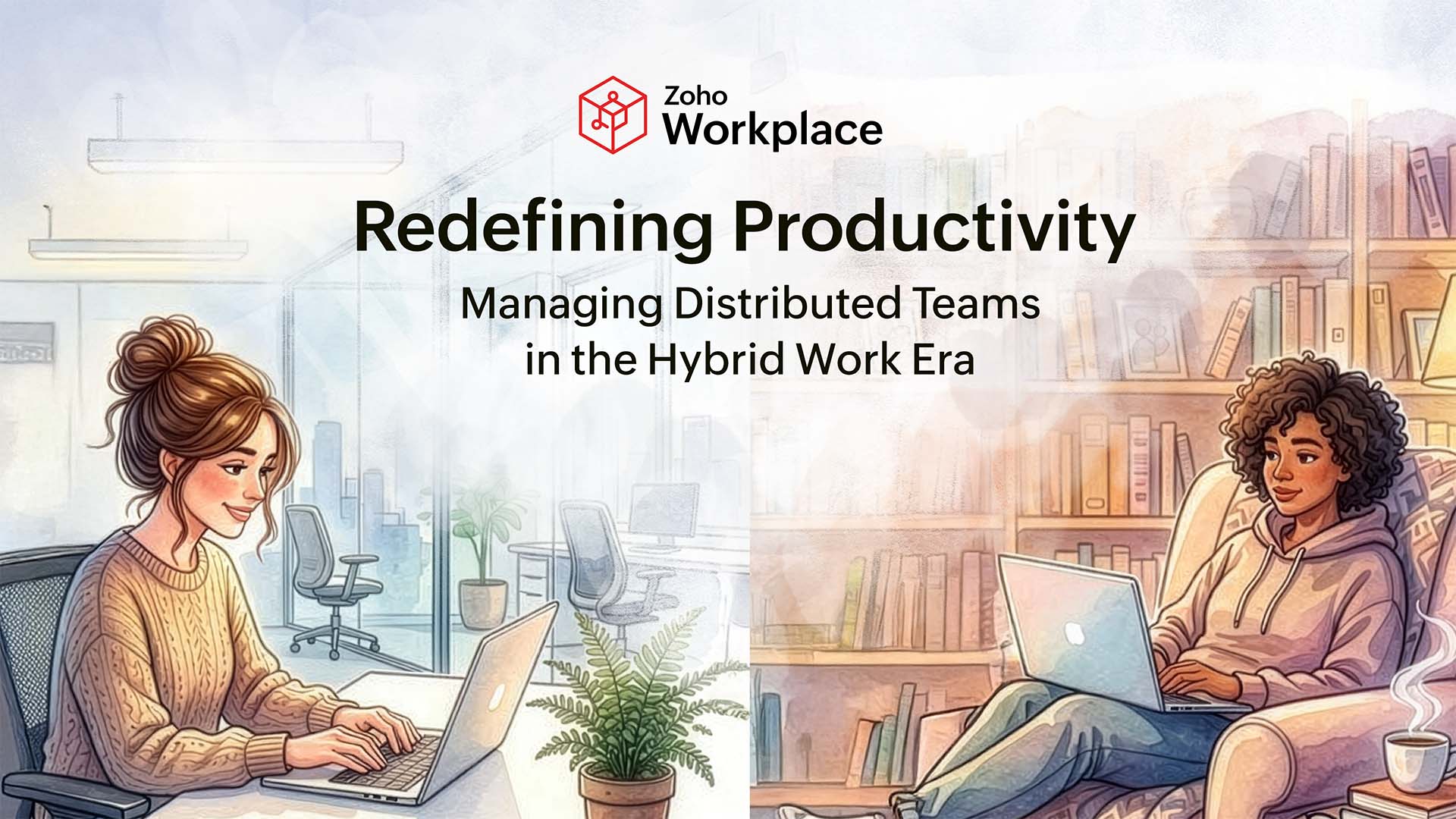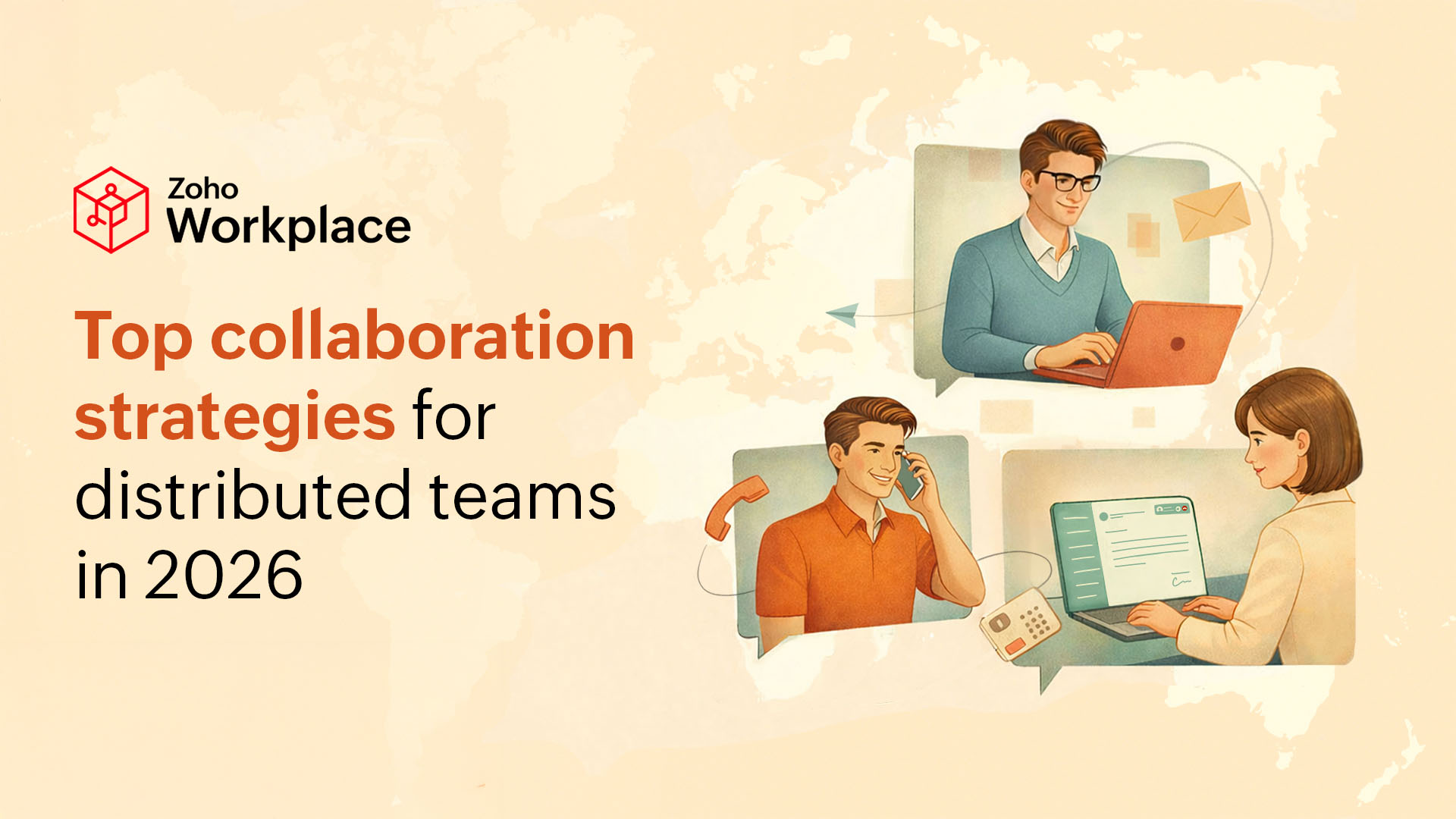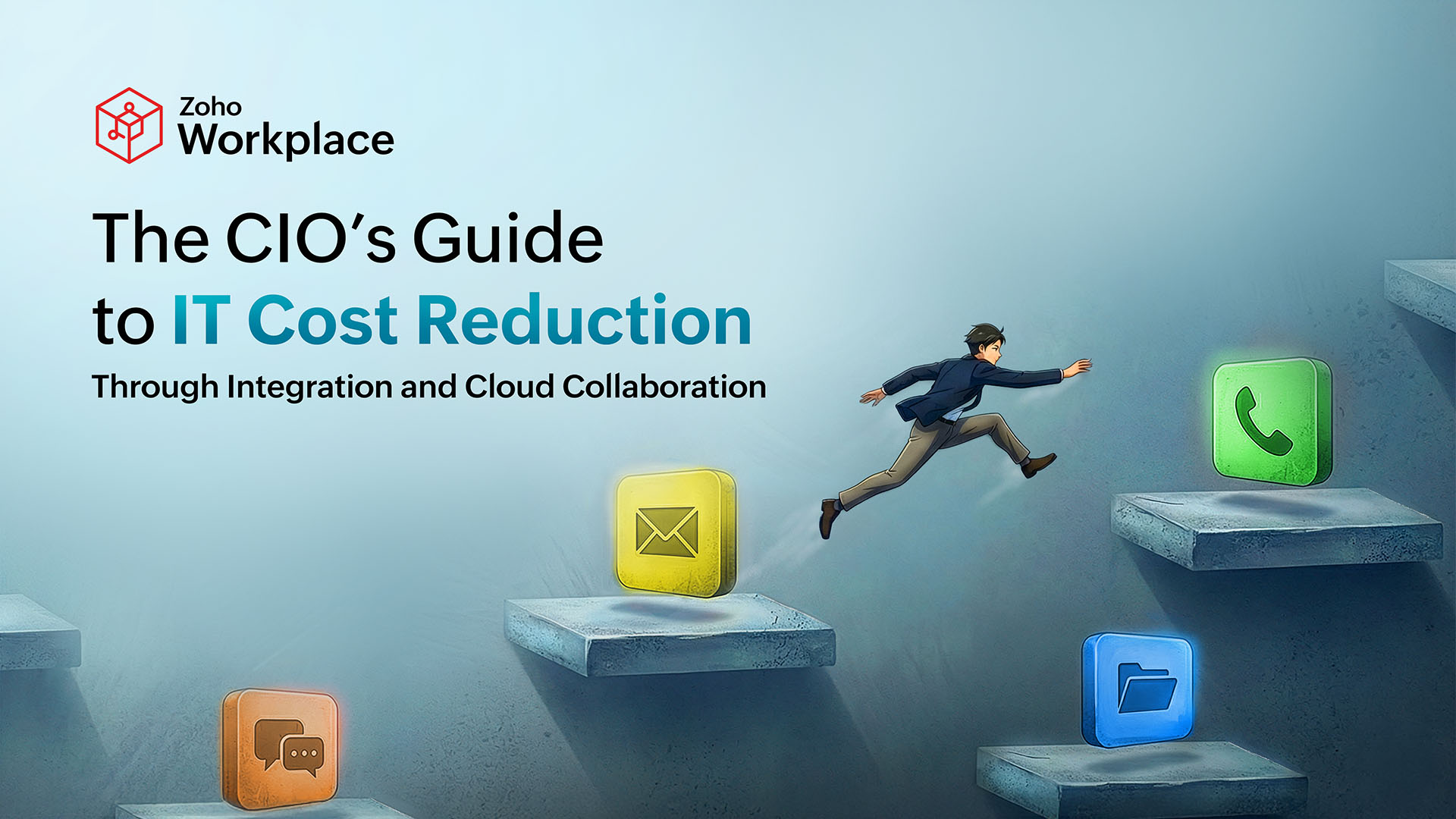- HOME
- All Topics
- Thought Leadership
- Analysis paralysis: When thinking too much holds you back
Analysis paralysis: When thinking too much holds you back
- Published : March 25, 2025
- Last Updated : March 25, 2025
- 1.0K Views
- 4 Min Read
Picture this: You're at a restaurant with the menu in your hand. You’ve been staring at it for the last ten minutes. The waiter has already stopped by twice, and you still can’t decide. Pasta or burger? The creamy Alfredo sounds tempting, but maybe a burger is the better choice. Should you just get a salad to be healthy? Your mind spirals into an endless loop of overthinking, and, suddenly, dinner feels more stressful than enjoyable.
You ask the waiter for a few more minutes, but the longer you wait, the harder it gets. Your friends have all ordered, the waiter is back, and now you’re panicking. You blurt out a random choice and immediately regret it.
Sound familiar?
This is analysis paralysis—when overthinking a decision leaves you stuck, unable to move forward. It sneaks into every part of life—your career, relationships, and personal goals—turning what should be a straightforward decision into an exhausting mental marathon.
Thinking through decisions is a good thing. But when thinking too much becomes the problem, we risk missing out on things altogether.

Thinking paralysis
Analysis paralysis happens when the fear of making the wrong choice prevents us from making any choice at all. The more we analyze, the more uncertain we become. We obsess over details, look for perfect answers, and hesitate until time runs out or the decision is made for us.
Overthinking often leads to exhaustion, doubt, and missed opportunities. Instead of helping, it traps us in an endless loop of uncertainty. The mind fixates on what-ifs and worst-case scenarios, making even small choices feel monumental. The pressure builds, and suddenly, a simple decision—like what to order for lunch—feels as weighty as signing a major contract.
The more we indulge in this type of thinking, the harder it becomes to break free. Our brains become wired to analyze and reanalyze, making us second-guess everything. When every decision feels overwhelming, we start to doubt our ability to make any choice at all.
How and why we get stuck in analysis paralysis : Some examples
Fear of regret
We convince ourselves that if we wait just a little longer, the perfect option will appear. But the truth is, no decision comes with complete certainty. When fear of regret takes over, we end up losing out on opportunities rather than making an informed choice.
Too many choices
The more options we have, the more difficult it is to commit to just one. Psychologists call this the "paradox of choice"—having too many possibilities makes us anxious rather than empowered. Instead of enjoying the freedom of choice, we get stuck in hesitation, afraid of picking the wrong one.
Perfectionism
Perfectionists often believe that if they wait long enough, the ideal solution will reveal itself—but perfection is an illusion. The longer we wait for things to be flawless, the more likely we are to miss valuable opportunities for growth and success.
Endless research
Gathering information is a necessary part of making decisions, but too much of it can lead to information overload. Instead of gaining clarity, we become overwhelmed with conflicting details, making it harder to move forward.
External influence
While it’s natural to seek advice, too many opinions can create more confusion than clarity. Everyone sees things from their own perspective, which may not align with our goals or priorities. Ultimately, relying too much on external validation can keep us from trusting our own instincts.
Overcoming analysis paralysis
Overthinking often keeps us stuck. The key to breaking free isn’t eliminating all uncertainty—it’s learning how to make decisions efficiently and move forward with confidence. Here are a few practical ways to stop overanalyzing and start taking action.
Set a decision deadline
The longer you delay a decision, the harder it becomes. Without a deadline, your mind will keep searching for more information, better options, or the perfect answer. To break this cycle, set a clear deadline for when you’ll decide and commit to it. Giving yourself a fixed timeframe forces you to take action rather than endlessly analyze. A decision made within a reasonable time frame is better than no decision at all.
Limit your options
More choices don’t always lead to better decisions—they often lead to decision fatigue. Instead of evaluating every possible option, narrow your choices down to a few strong contenders. This makes it easier to compare and decide without feeling overwhelmed. Establishing clear criteria in advance can also help you filter out unnecessary options, making the decision-making process smoother.
Trust your instincts
Overanalyzing doesn’t always lead to better decisions, but trusting yourself builds confidence. If two or more choices seem equally good, stop searching for a perfect answer and go with what feels right. Your intuition is shaped by past experiences and subconscious knowledge—learning to trust it can save you from unnecessary stress and doubt.
Accept imperfection
No decision is risk free, and waiting for absolute certainty only leads to further delays. Instead of aiming for perfection, aim for progress. Even if your choice doesn’t work out as expected, it provides valuable lessons and new opportunities. Understanding that every decision comes with some level of uncertainty helps you move forward without the fear of making mistakes.
Final thoughts
Next time you’re stuck deciding what to order at a restaurant, give yourself two minutes. Will you regret your choice? Maybe, but spending too much time agonizing over it isn’t worth it.
The same applies to life. Waiting for the perfect decision often means missing out on opportunities. Most choices aren’t life-changing—they’re simply steps forward. No amount of excessive thinking can predict the future, and no decision comes with a guarantee. The only way to know where a path leads is to take it.
Not every decision will be the right one, but every choice teaches you something. Analysis paralysis keeps you standing still, while action moves you forward. The real mistake isn’t choosing wrong—it’s not choosing at all.
 Anjana Balaji
Anjana BalajiAnjana is a passionate marketer who works for Zoho. Apart from the crazy movie buff that she is, she's also a trained musician and a creative home-chef!


